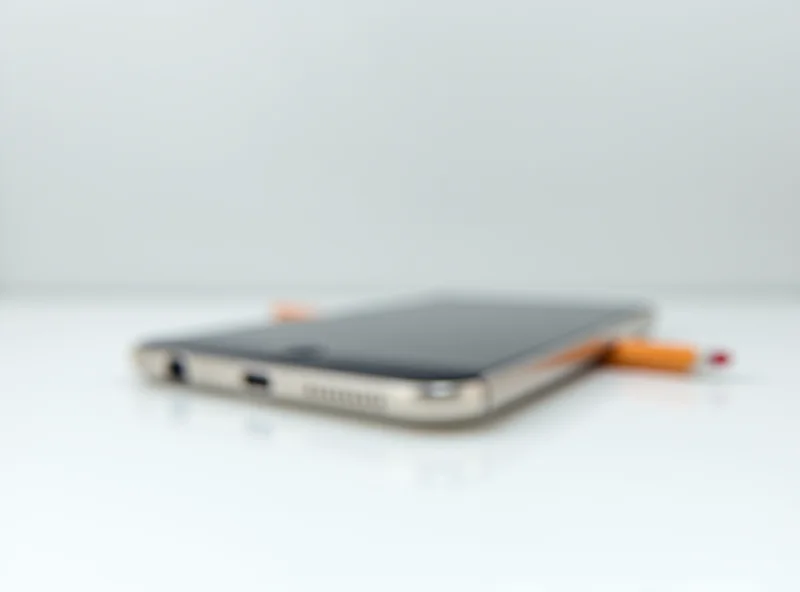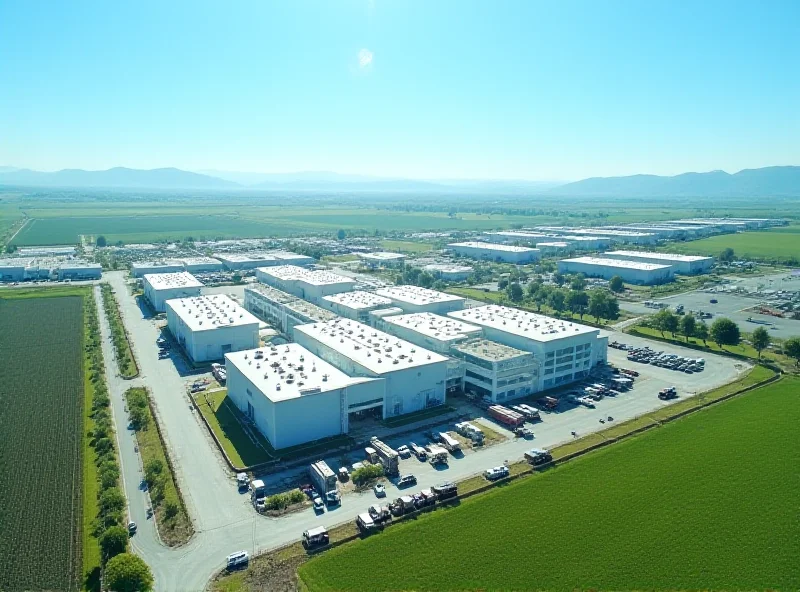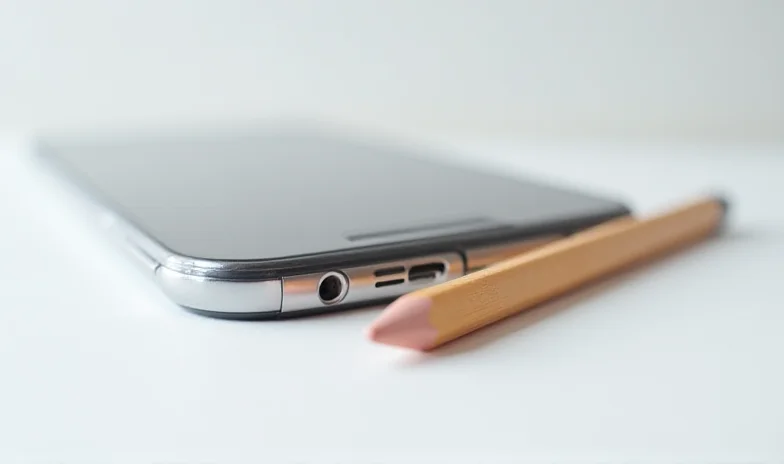Welcome to your weekly dose of tech news! This week, we've got a mix of innovative hardware, sneaky software updates, and significant shifts in global production. From the slimmest smartphone to printer shenanigans and a major manufacturing move, let's dive in.
The World's Thinnest Phone
Prepare to be amazed by the Tecno Spark Slim! This smartphone, created by Chinese firm Tecno Mobile, boasts an incredibly thin design, measuring just 5.75mm (0.226 of an inch). That's thinner than a pencil! It's a testament to how far smartphone technology has come, packing impressive features into such a slim profile.

While details about the phone's other specifications are scarce, the focus on its ultra-thin design is undoubtedly its main selling point. Will this trend of ultra-slim devices continue? Only time will tell.
Brother's Printer Firmware Fiasco
If you're a Brother printer owner who uses third-party toner cartridges, you might have noticed a decline in print quality recently. It turns out that Brother has implemented firmware updates that deliberately degrade print quality when non-OEM toner is used. This is a significant departure from Brother's previous reputation for compatibility with non-OEM cartridges, a feature that set them apart from brands like HP.
Consumers are understandably frustrated, feeling forced to purchase more expensive OEM toner cartridges. "This is a classic bait-and-switch," said one angry user on a popular tech forum. "I bought a Brother printer specifically because it worked with cheaper toner. Now, I feel like I've been tricked." This move is likely to generate significant backlash and may damage Brother's reputation among budget-conscious consumers.

HP Moves Production Out of China
In response to new tariffs imposed by the US, HP is planning a major shift in its North American production. By 2025, the company aims to relocate 90% of its North American production out of China. This strategic move is designed to minimize disruptions and keep costs down. However, it's not without its downsides.
The relocation is expected to lead to layoffs, and consumers may see higher prices for new computers. This demonstrates the complex interplay between global trade, technology, and consumer costs. It also highlights the challenges companies face in navigating an increasingly complex geopolitical landscape.

BIO-UV and the US Navy
In other news, BIO-UV Group has commenced military compatibility tests for its BIO-SEA ballast water treatment system with the US Navy. This is a crucial step in ensuring the system meets the stringent requirements of naval operations. The BIO-SEA system is designed to treat ballast water, preventing the spread of invasive species and protecting marine ecosystems. This partnership between BIO-UV and the US Navy demonstrates a commitment to environmental responsibility and technological innovation.
That's all for this week's tech roundup. Stay tuned for more updates on the latest developments in the world of technology!
